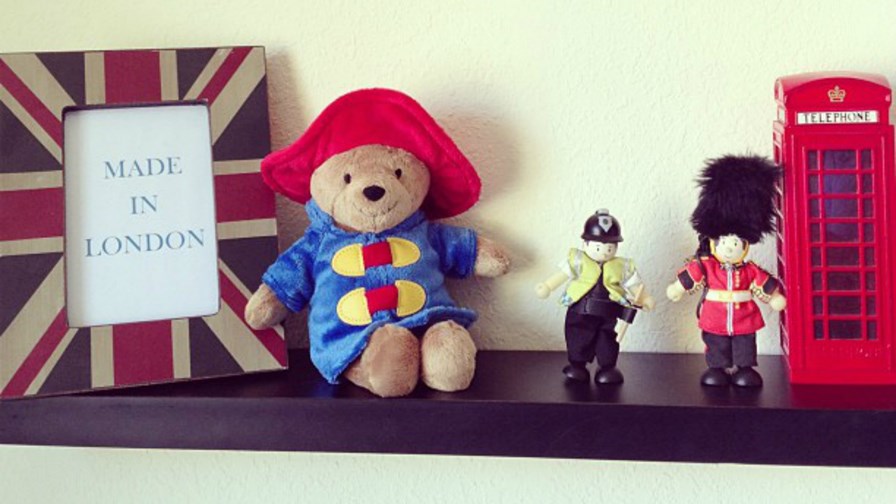
via Flickr © mujerboricua (CC BY-ND 2.0)
Ofcom has decided against structurally-separating BT from its infrastructure arm, Openreach, despite a sustained clamour from BT’s big, multi-play competitors - Sky and Talktalk - that it should. The widely-anticipated decision was announced this morning as a conclusion to the UK communications regulator’s once in 10 year review into the workings of the UK telecoms market - in particular, the all-important broadband access market where the numbers currently seem to indicate that the UK is slipping back in the European speed league.
The Ofcom CEO, Sharon White, had previously made it clear that separation was one of the options she would consider.
In the event, however, it was decided that BT had not been naughty enough to have its toys taken away. Instead it would have to prove that it can learn to share them fairly with the other children or… and I mean it this time… full separation could be on the agenda again.
So BT has apparently undertaken to make a range of changes and improvements to the way Openreach will operate with a voluntary agreement to address the range of concerns thrown up by competitors. The headline-grabber is that other players will now be able to use its ducts and line poles to site their own wires and fibres, a dispensation which has actually been on offer for a while.
BT’s framing of this issue indicates the problem. In a response statement this morning it says: “We are happy to let other companies use our ducts and poles if they are genuinely keen to invest very large sums as we have done. Our ducts and poles have been open to competitors since 2009 but there has been little very interest to date. We will see if that now changes.”
That doesn’t sound like a change of heart to me - more the clunk of the regulatory can being kicked down the road.
The issue here is about terms and conditions along with scale of investment. BT doesn’t want Openreach having to respond to what might amount to fairly granular requests for a few fibres here and there. It would rather competitors were forced to make large investment commitments (which, as they are after marginal business, they would find uneconomic). Competitors just want fibre to be installed as and when they have a need for it. That’s an impasse that’s unlikely to be solved by a bit of polite discussion between the parties concerned.
BT continues: “We are keen to understand and address Ofcom’s concerns so we will review their paper in detail. A great deal of what they are proposing is already in place and we are open to discussions about how the current rules can be amended and updated. A voluntary, binding settlement is in everyone’s interests and we will work hard to ensure one is reached.”
Of course. But the elephant hiding awkwardly in the room (probably crouched down behind the TV and WiFi home hub) is the oft-mentioned ‘disruption’ that BT and many onlookers say will be unleashed should Ofcom make any move towards the cupboard marked ‘separation’. We’re not talking here about a bit of staff reorganisation and a few orders going missing, but the 10 years of court action and non-cooperation promised by BT CEO Gavin Patterson (see - BT threatens a decade of litigation over forced sale of Openreach).
That’s probably the pachyderm that most keeps Sharon White awake at night.
Email Newsletters
Sign up to receive TelecomTV's top news and videos, plus exclusive subscriber-only content direct to your inbox.




